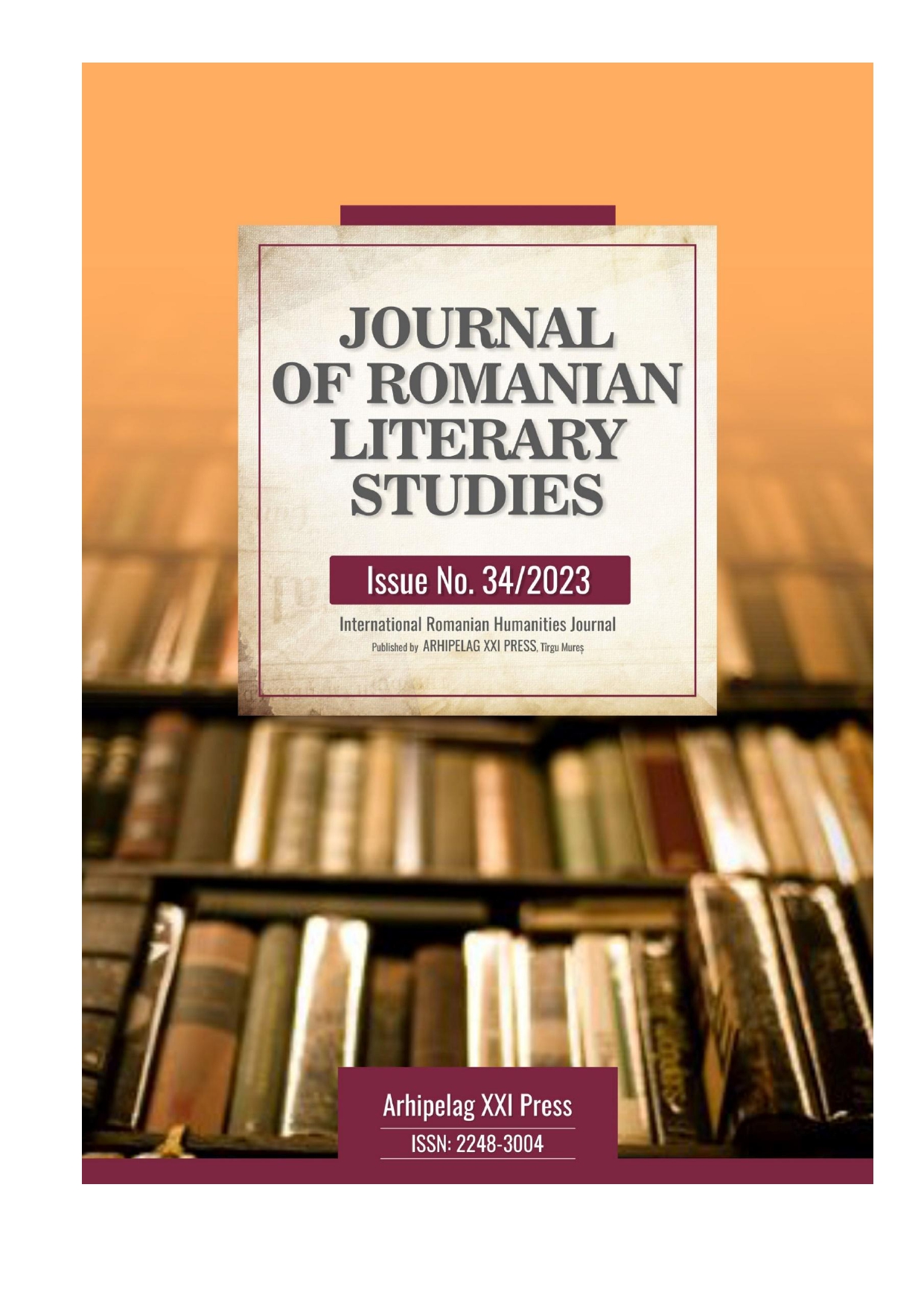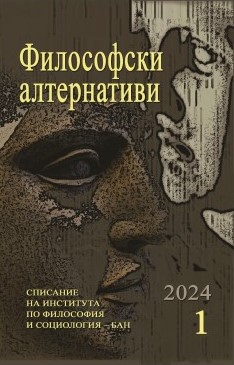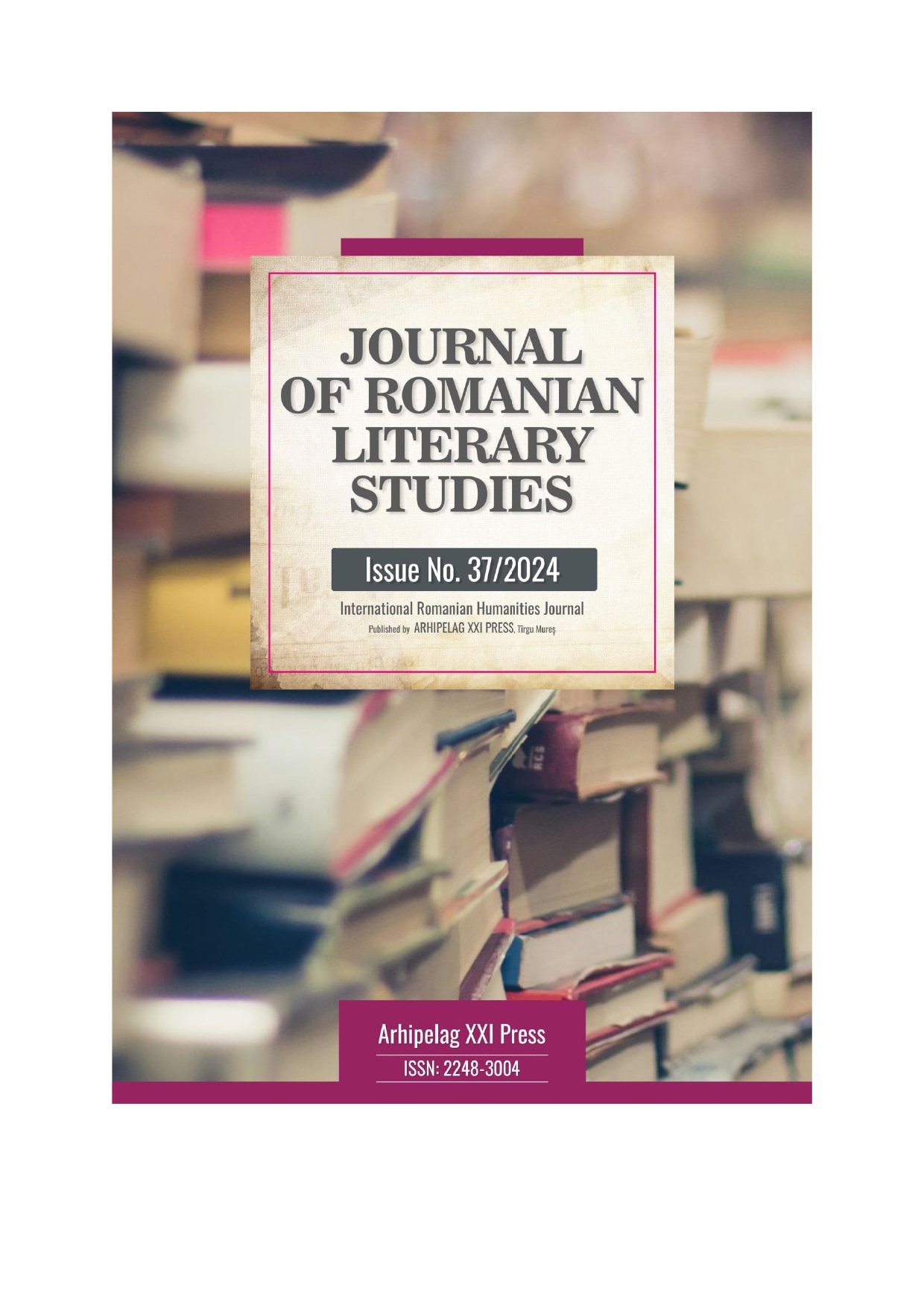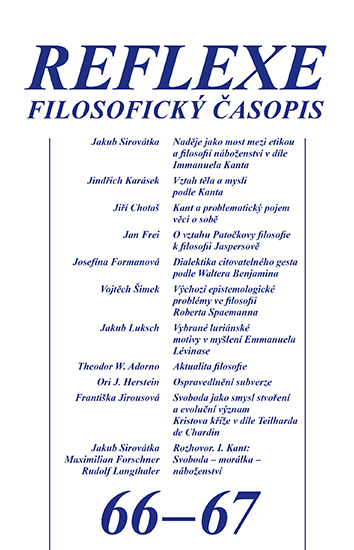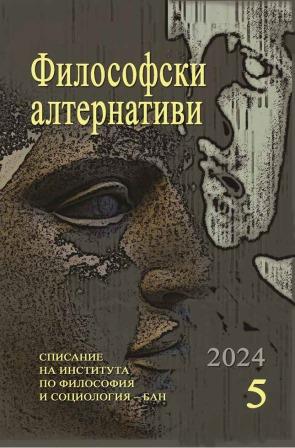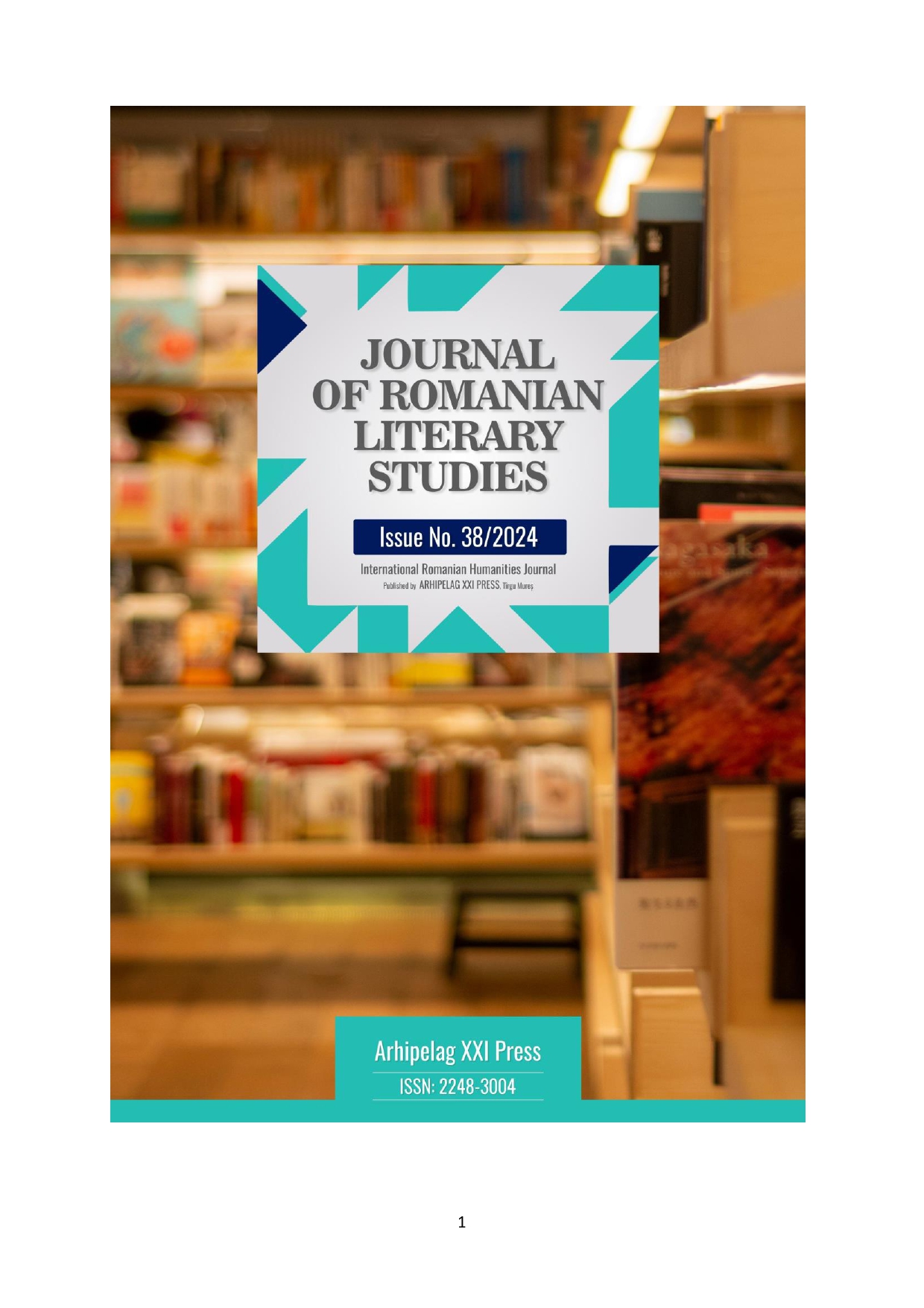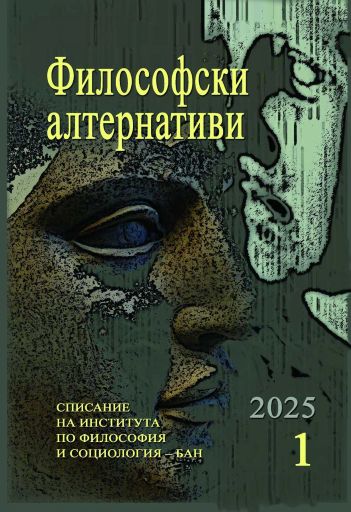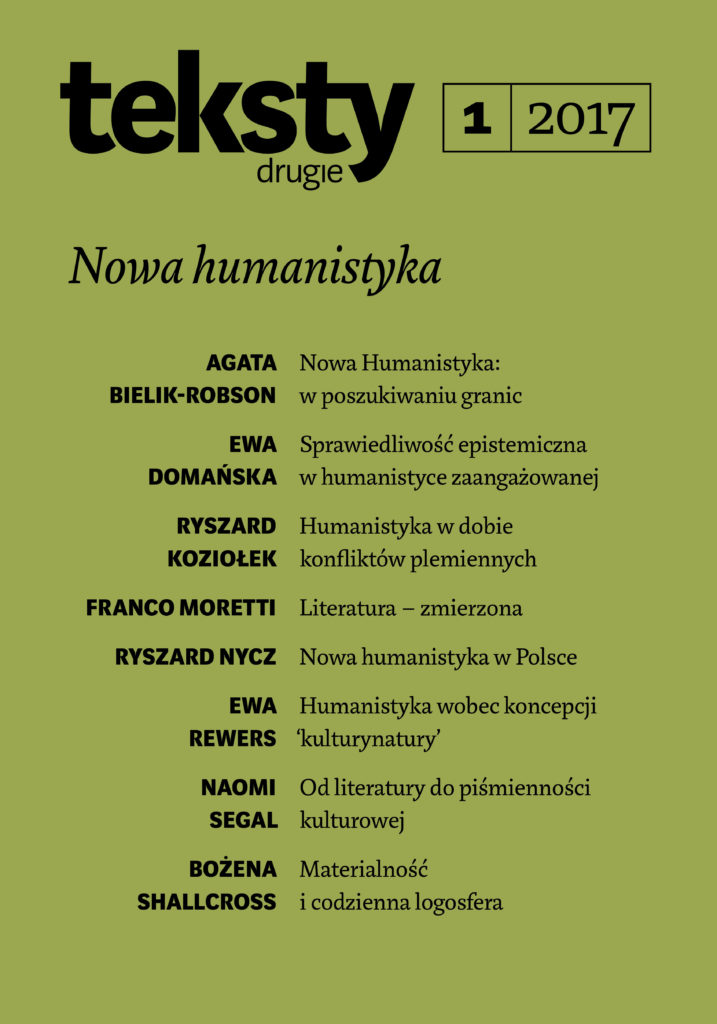
Nowa Humanistyka: w poszukiwaniu granic
Bielik-Robson proposes a critical analysis of the New Humanities. Despite the seeming continuity of emancipatory approaches, she argues, the New Humanities are not founded on enlightenment philosophy but on Heidegger and his unconditional critique of modern subjectivity and its Machenschaft, i.e. its calculating attitude to the world, to which it does not feel connected. The lack of connection also signifies a lack of ties: the unbridled subject of calculating rationality turns out to be the source of unlimited violence towards being. The New Humanities oppose the hubris of such a notion of subjective freedom by trying to identify its limits: to link it with existence once again, and in this way to tie it up, to entrap and tether it. The goal is to experience the ‘blessing of limits’: not to make a progressive or transgressive move towards the exit, but to make a regressive move, somewhat like the prodigal son – a manoeuvre that the tragic Greeks described as nostos or ‘return home’.
More...
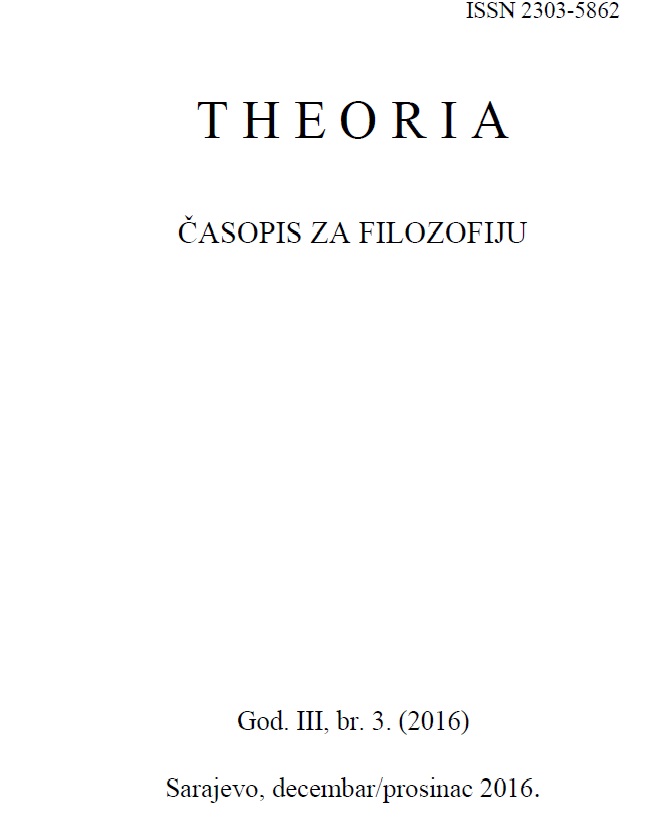
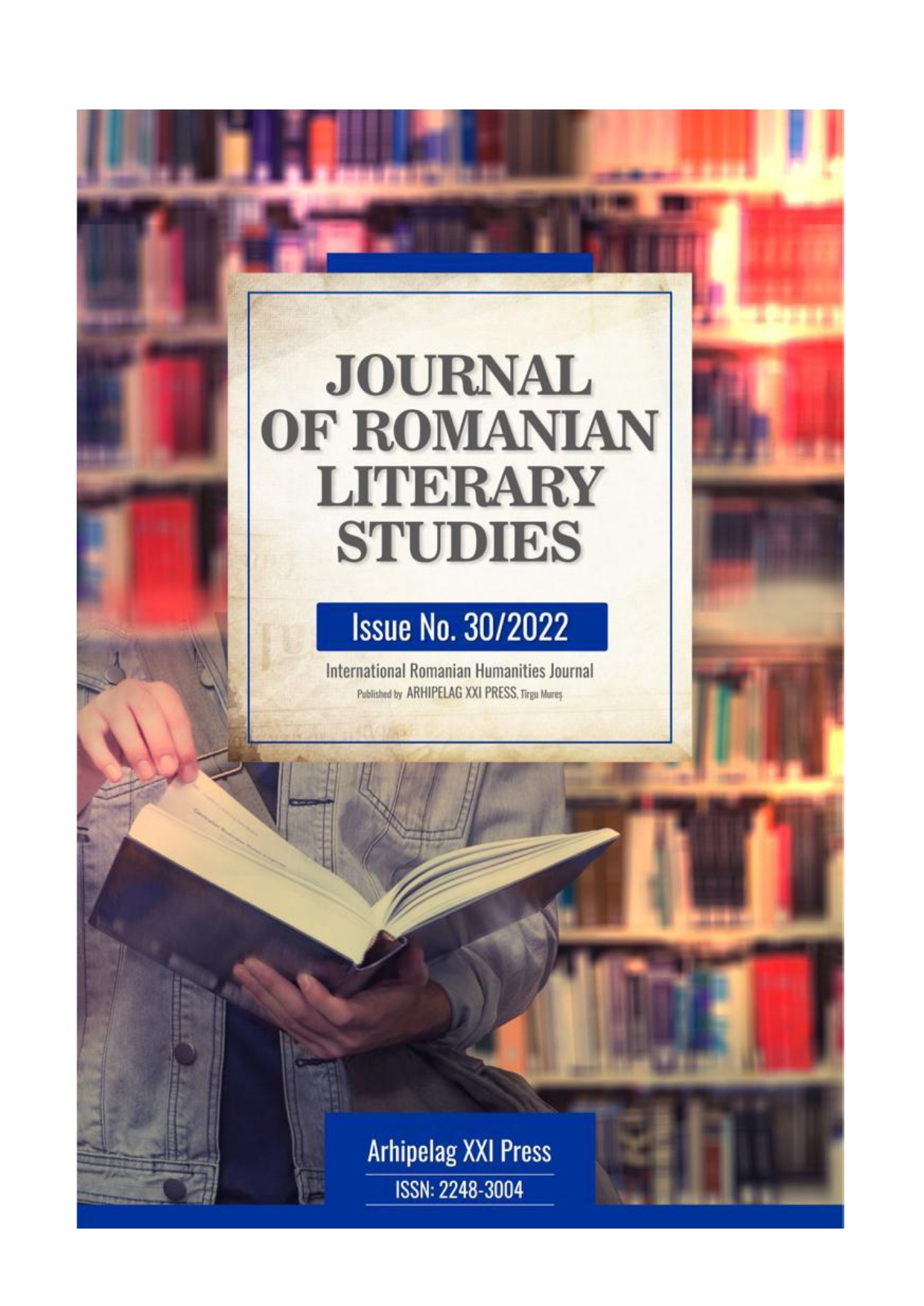

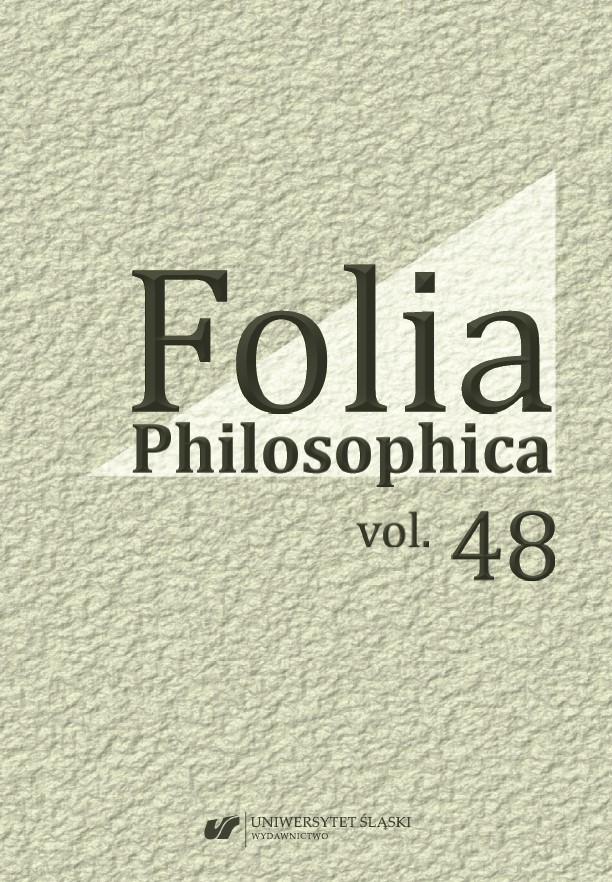
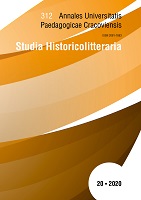
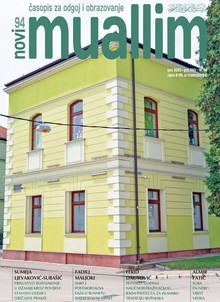
![Spojrzenie „bez podmiotu”. [Recenzja książki Aleksandry Ubertowskiej „Historie biotyczne. Pomiędzy estetyką a geotraumą”. Warszawa: Instytut Badań Literackich PAN, 2020]](/api/image/getissuecoverimage?id=picture_2023_78022.jpg)
